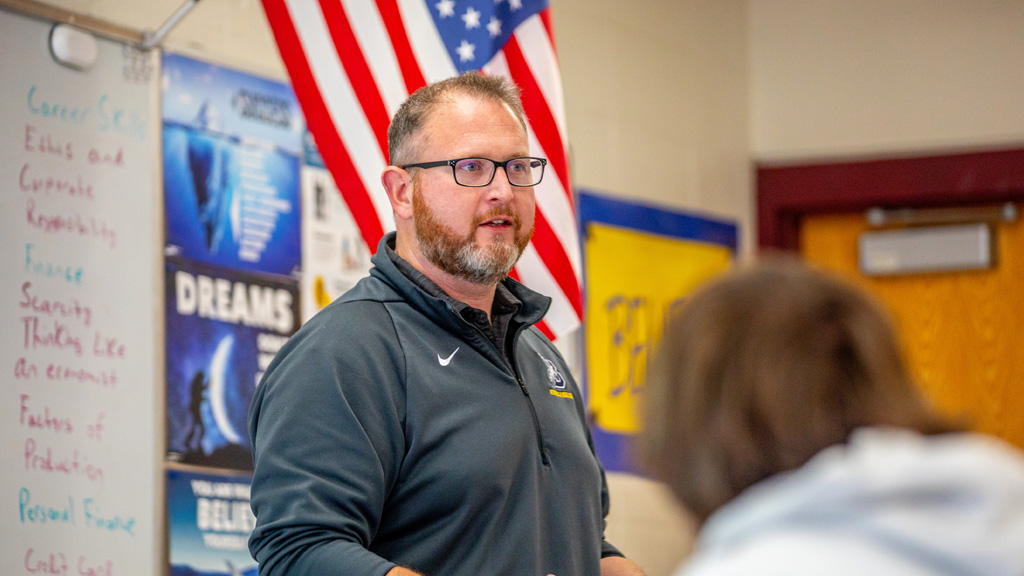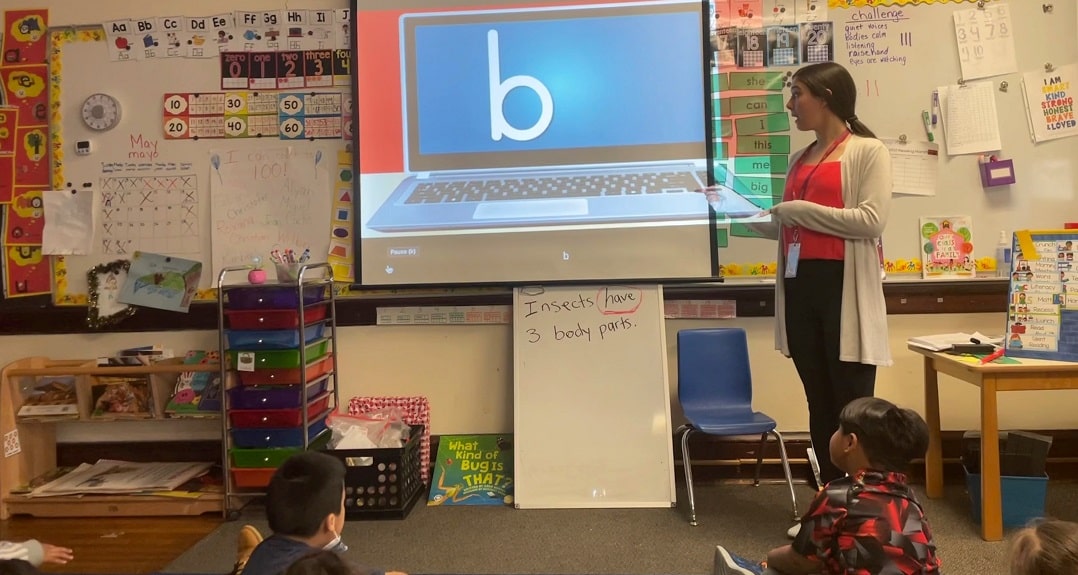 With a dual concentration in business and special education, you will be well-situated to support the learning of all students. Coursework includes field-based experiences in public schools, applying what you’ve learned by working each week with public school students in a variety of school settings. After completing your coursework and fieldwork, you will be ready for your student teaching experience.
With a dual concentration in business and special education, you will be well-situated to support the learning of all students. Coursework includes field-based experiences in public schools, applying what you’ve learned by working each week with public school students in a variety of school settings. After completing your coursework and fieldwork, you will be ready for your student teaching experience.
 Take classes in person at our Providence Campus and have field-based experiences in public school and JWU culinary classrooms. This fieldwork allows you to apply what you’ve learned by working each week with students in culinary classrooms. After completing your coursework and fieldwork, you will be ready for student teaching in either a high school or university culinary setting or completing a Culinary Capstone project focused on education.
Take classes in person at our Providence Campus and have field-based experiences in public school and JWU culinary classrooms. This fieldwork allows you to apply what you’ve learned by working each week with students in culinary classrooms. After completing your coursework and fieldwork, you will be ready for student teaching in either a high school or university culinary setting or completing a Culinary Capstone project focused on education.
 With a dual concentration in elementary education and special education, you’ll be well-situated to support the learning of all students. Your coursework includes field-based experiences in public schools, applying what you’ve learned by working each week with public school students in a variety of school settings. After completing your coursework and fieldwork, you will be ready for your student teaching experiece.
With a dual concentration in elementary education and special education, you’ll be well-situated to support the learning of all students. Your coursework includes field-based experiences in public schools, applying what you’ve learned by working each week with public school students in a variety of school settings. After completing your coursework and fieldwork, you will be ready for your student teaching experiece.